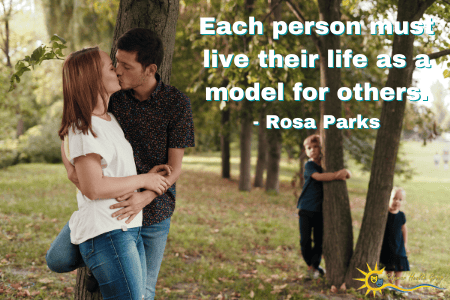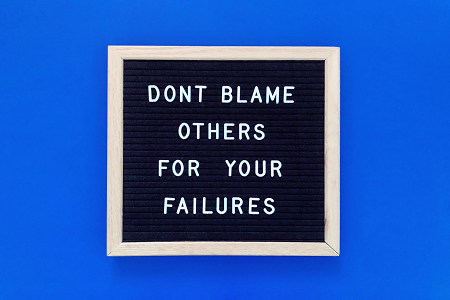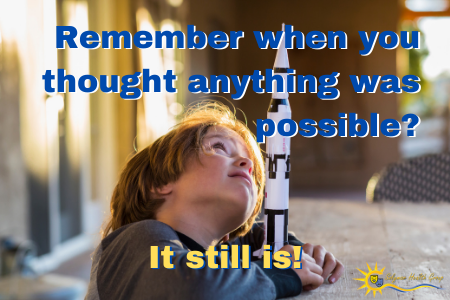
When it comes to stress, it may seem like you can’t escape it. From work to relationships to money troubles, life can seem downright overwhelming at times. The good news is that there are many tools and strategies you can use to bring yourself back to balance.
Acknowledge Your Stressors
The first step in fighting stress is to acknowledge it. To do this, it’s important to be aware of the sources of your stress. These could be anything from a workload that’s too heavy, to a toxic relationship, to a financial situation that feels out of control. Once you’ve identified the source of your stress, it’s critical to take the steps to address it-be it therapy, reorganizing your finances, or putting an end to an unhealthy relationship.












